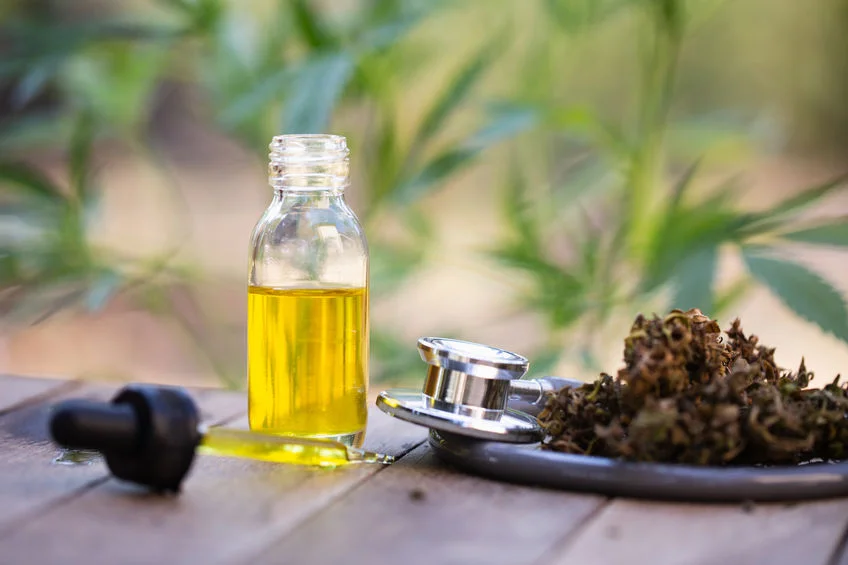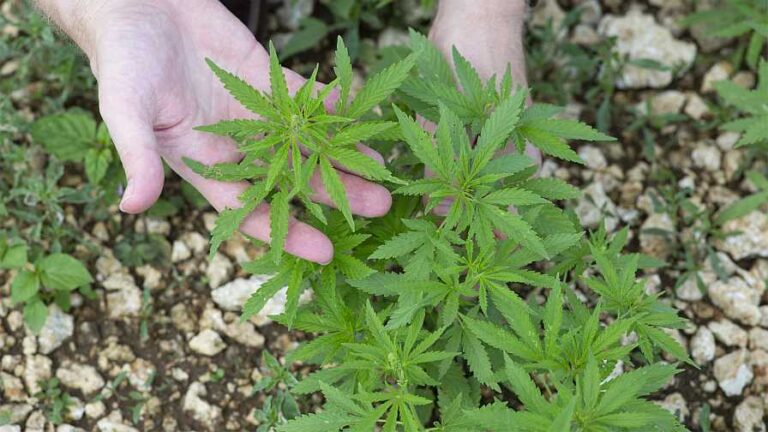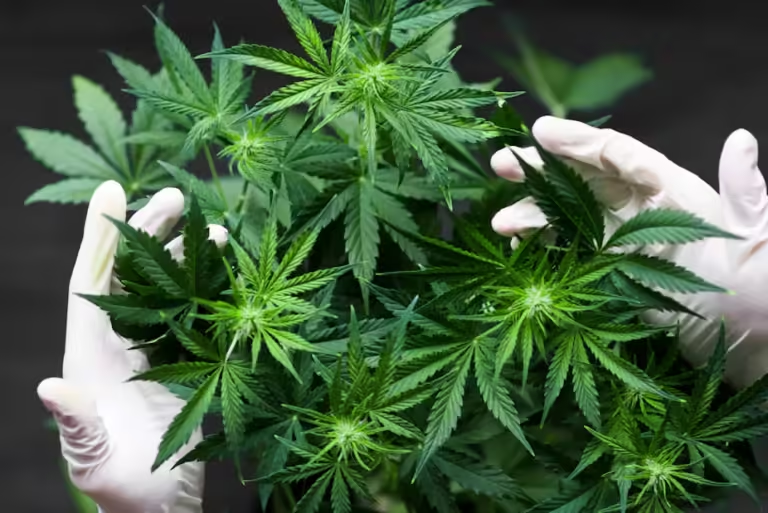What Is Delta 9
Delta 9 THC, short for delta-9-tetrahydrocannabinol, is one of the most recognized cannabinoids in cannabis. It’s largely responsible for the psychoactive effects, or the “high,” commonly linked to marijuana. However, beyond its mind-altering qualities, Delta 9 significantly shapes the overall cannabis experience, influencing both the emotional and therapeutic effects that users may feel.
Delta 9 THC is a naturally occurring compound found in both cannabis and hemp plants. Once consumed, it interacts with the body’s endocannabinoid system, a network of receptors that regulate important functions like mood, appetite, pain, and memory. Delta 9 specifically binds to CB1 receptors in the brain and central nervous system, which leads to familiar effects like euphoria, relaxation, shifts in perception, and sometimes enhanced creativity. These interactions are key reasons why Delta 9 is popular among both recreational and medicinal cannabis users.
One of the key characteristics of Delta 9 THC is its potential to induce a euphoric high. When individuals smoke, vape, or consume edibles containing Delta 9, they may feel a spectrum of effects ranging from happiness and relaxation to enhanced sensory awareness.
The intensity of these effects depends on the dosage and personal tolerance. Delta 9 can sometimes lead to deeper introspection or, in certain instances, brief episodes of anxiety or paranoia. Smoking or vaping produces effects quickly, while edibles, due to slower metabolism, take longer to kick in but often provide a more prolonged experience.

Beyond its recreational appeal, Delta 9 THC is increasingly recognized for its potential therapeutic benefits. Many individuals turn to it for managing pain, reducing nausea, stimulating appetite, and alleviating anxiety. This compound has been especially beneficial for patients undergoing treatments like chemotherapy, where its ability to curb nausea and boost appetite is vital for recovery. Additionally, emerging research suggests Delta 9 may possess anti-inflammatory and neuroprotective properties, further driving interest in both medical and wellness communities.
The legal status of Delta 9 THC varies depending on your location. In the U.S., cannabis-derived Delta 9 remains illegal at the federal level under the Controlled Substances Act, though many states have legalized it for medical or recreational use. However, hemp-derived Delta 9, as long as it contains less than 0.3% THC as stipulated by the 2018 Farm Bill, is legal under federal law. This creates a complex marketplace where hemp-derived Delta 9 is accessible in some areas, while cannabis-derived products remain more restricted.
As Delta 9 gains popularity, it’s important for consumers to understand what they’re using. Potency levels vary significantly across products, so being mindful of dosage and your body’s response is crucial for a positive experience. For example, edibles often contain higher concentrations of Delta 9, leading to more potent and longer-lasting effects compared to smoking or vaping. With the cannabis industry expanding, Delta 9 products now range from traditional flower to oils, gummies, and even beverages, offering consumers a variety of ways to enjoy its effects.
In summary, Delta 9 THC is a versatile compound that offers both recreational enjoyment and potential medicinal benefits. By interacting with the body’s endocannabinoid system, it produces a variety of effects depending on the method of consumption. Whether you’re seeking relaxation, pain relief, or a more enhanced cannabis experience, Delta 9 plays a pivotal role in shaping those effects. It’s essential to approach it with care—starting with a low dose and paying attention to your body’s response to ensure a safe, enjoyable experience.






